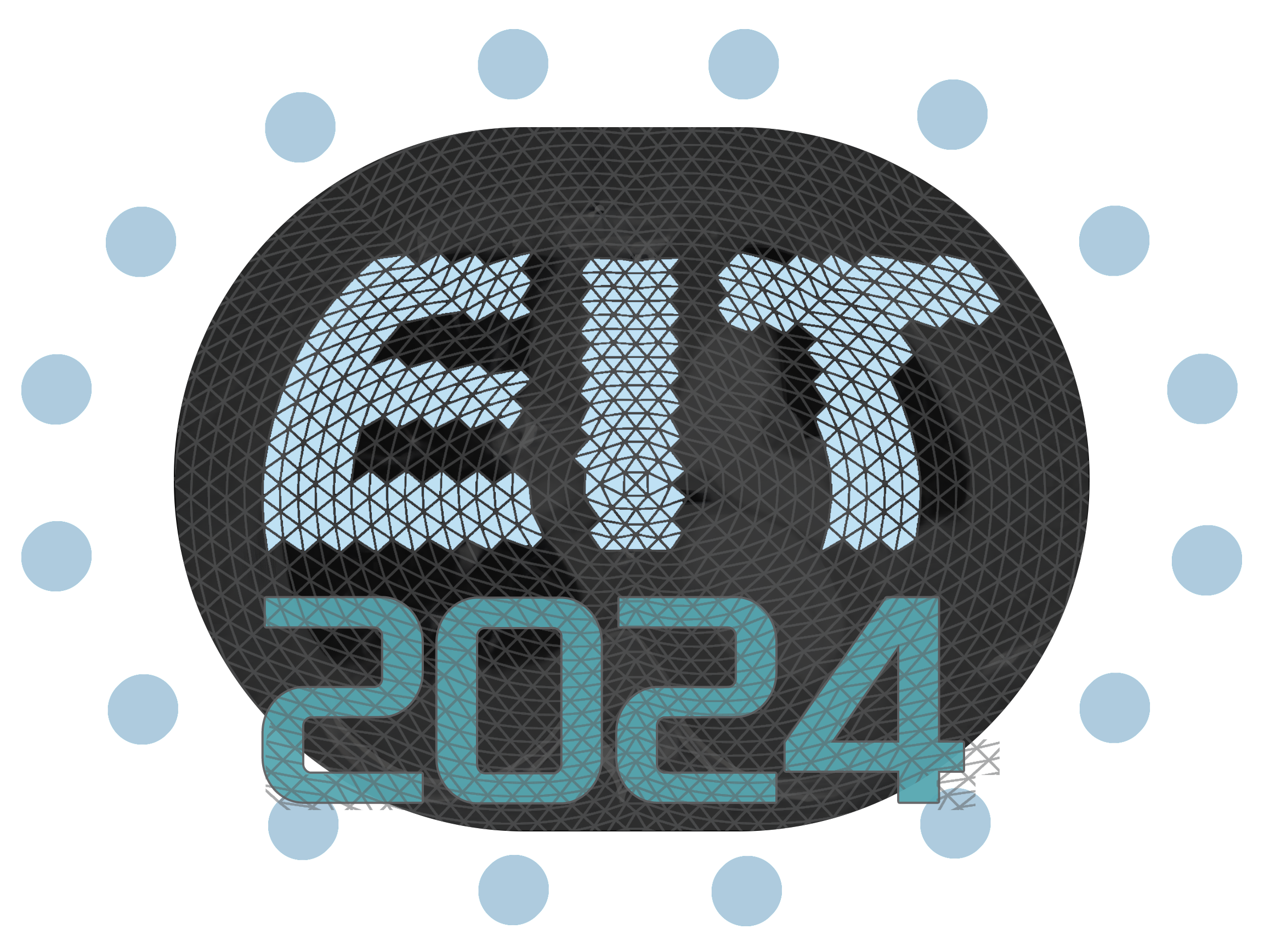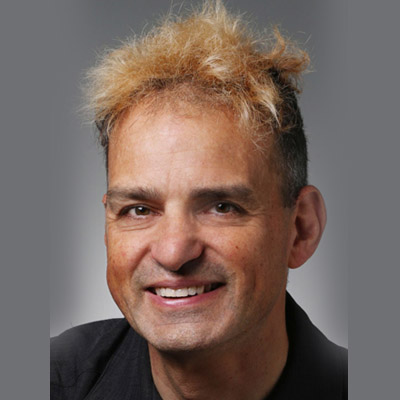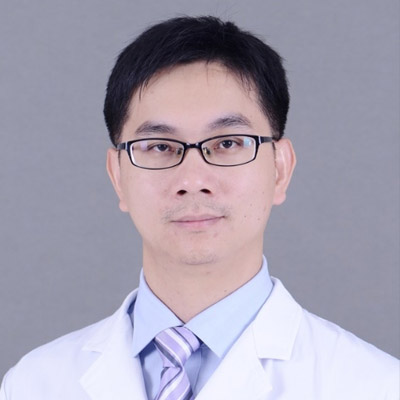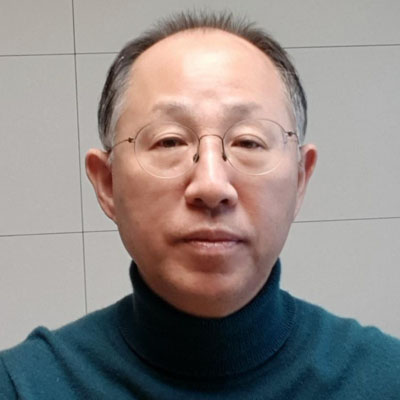Keynote Talks
sorted by alphabet
Prof. Andy Adler
Research Professor, Carleton University, Ottawa, CanadaSpeech Title: Beyond human: taking EIT into the animal world
Biography: Dr. Adler is a Canada Research Professor in biomedical engineering in Systems and Computer Engineering at Carleton University in Ottawa, Canada. He has worked with electrical impedance tomography (EIT) technology since the early 1990s. His primary interest in robust EIT data analysis with a focus on novel dynamic parameters and novel applications of impedance imaging. He is the maintainer of the EIDORS.org open-source software for EIT, has lead consensus projects on EIT, worked with four EIT-based start-up companies, published 142 journal papers and edited a book on EIT. Andy enjoys visiting and collaborating with many research groups throughout the world.
Prof. Huaiwu He
Associate Chief Physician of the Intensive Care Medicine Department, State Key Laboratory of Complex Severe and Rare Diseases, Peking Union Medical College Hospital, Peking Union Medical College, Chinese Academy of Medical Sciences, ChinaSpeech Title: EIT is not only a research tool: how to embed EIT in clinical routine?
Biography: Dr. He is an associate Chief Physician of the Intensive Care Medicine Department, State Key Laboratory of Complex Severe and Rare Diseases, Peking Union Medical College Hospital, Peking Union Medical College, Chinese Academy of Medical Sciences. He was resident in the Peking Union Medical College Hospital till 2010. He was a visiting scholar in Erasmus Medical Centre, Rotterdam, Netherland between 2016-2017. He engaged in medical-teaching-research in the field of intensive care medicine for nearly 20 years, focusing on areas such as ARDS respiratory failure, hemodynamics microcirculation, and quality control in critical care. He Led several national and provincial research projects including the National Key Research and Development Program and the National Natural Science Foundation. He has published over a hundred academic articles in journals like Am J Respir Crit Care Med, Critical Care, and Shock.
His main research interests include classification and scoring system of macro-microcirculation coupling in shock resuscitation, development of new monitoring technologies such as PtO2/PtCO2, oxygen challenge test, and SDF. Dr. He also focuses on the bedside technique of hyper-tonic saline contrast-enhanced EIT pulmonary perfusion imaging, resolving the challenge of bedside pulmonary perfusion imaging and establishing bedside pulmonary perfusion and regional V/Q impedance imaging methods.
Prof. David Tingay
Royal Children's Hospital, Melbourne, AustraliaSpeech Title: Clinical applications of EIT in paediatrics
Biography: David is a clinical neonatologist and respiratory physiologist at the Royal Children's Hospital (Melbourne, Australia) whose work aims at improving the respiratory outcomes of newborn infants. David currently leads the Murdoch Children’s Research Institute Neonatal Research Program. This is an interconnected program of molecular and clinical science aiming to better understand lung injury and develop new neonatal critical care respiratory support strategies. David has been using EIT to achieve these aims for more than 15 years. David is the current Chair of the Respiratory Failure Section of the European Society of Paediatric and Neonatal Intensive Care and a commissioner for the Lancet Commission on the Future of Neonatology. David’s research has developed guidelines on neonatal ARDS, chest imaging and Paediatric COVID-19 therapies, and is lead investigator of the international POLAR Trial of PEEP strategies to support the preterm lung at birth and the BLUEPRINT Study to map the phenotypes and evolution of preterm lung injury.
Prof. Eung Je Woo
CTO of BiLab, Professor Emeritus of Biomedical Engineering, College of Medicine at Kyung Hee University, KoreaSpeech Title: Development of an EIT system: challenges and opportunities
Biography: Eung Je Woo is CTO of BiLab and Professor Emeritus of Biomedical Engineering in the College of Medicine at Kyung Hee University in Korea. In 1990, he received his Ph.D. degree in Electrical and Computer Engineering from the University of Wisconsin-Madison. He received B.S. and M.S. degrees in Electronics Engineering from Seoul National University in 1983 and 1985, respectively. His primary research interests include electrical impedance tomography (EIT), magnetic resonance electrical impedance tomography (MREIT), conductivity tensor imaging (CTI), and bioelectromagnetism. He was Director of the Impedance Imaging Research Center (IIRC) at Kyung Hee University, which he founded in 2002. He served as a member of the IEEE EMBS AdCom, an associate editor of IEEE Transactions on Biomedical Engineering, and a member of the International Advisory Board for Physiological Measurement. He was the Program Chair of the World Congress on Medical Physics and Biomedical Engineering (WC2006) and the IEEE EMBC17. He was the president of the ISEBI from 2019 to 2022 and the president of the ISBEM from 2021 to 2022. In 2020, he was elected as a fellow of the IAMBE. He founded a company, BiLab, to commercialize the EIT technologies and innovations from his long-term R&D efforts for noninvasive cardiopulmonary monitoring.




